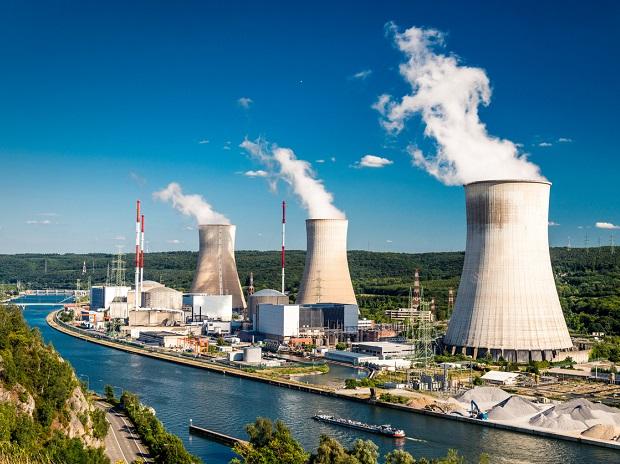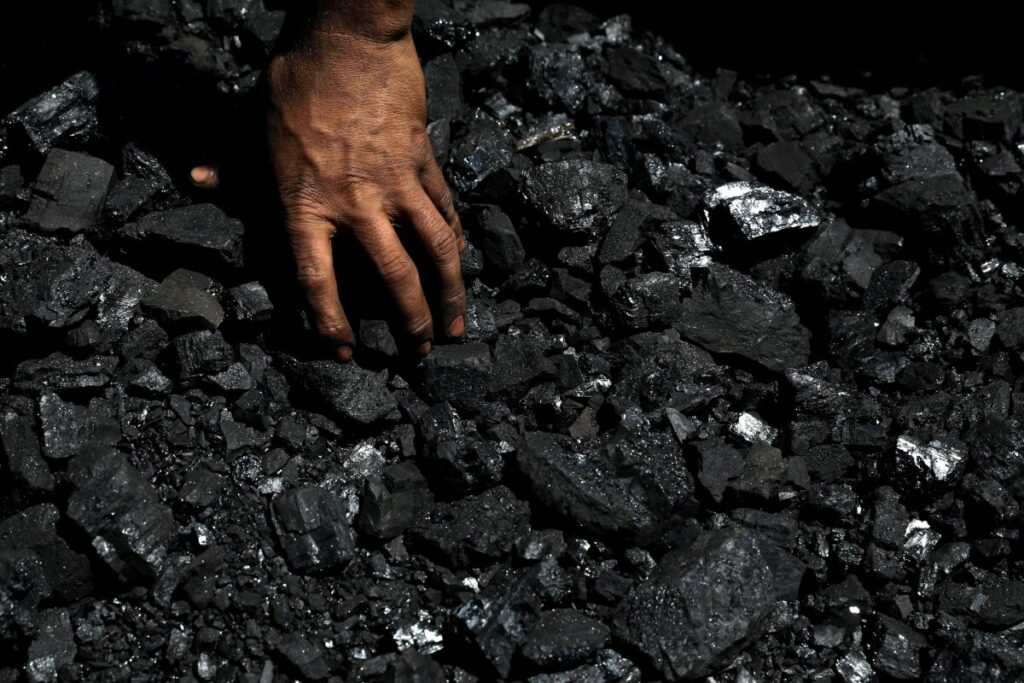If greenhouse gases worry you, surely it’s natural to focus on the world’s leading emitter. Especially if it were also increasing its emissions rapidly. Which our readers of course known means not the United States but the People’s Republic of China. Where, the South China Morning Post recently wrote, “China’s carbon reduction target looks elusive as banks keep throwing cash at coal mines and power plants, undercutting Xi Jinping’s plan to slash fossil fuels”. And while the first part is true, the claim that Xi Jinping has a plan to slash fossil fuels is bizarre. As is the notion that China’s banks are defying Xi Jinping to trash the environment. What part of communist dictatorship don’t you understand?
Among other things, the PRC has various elaborate mechanisms in place to import coal from Australia despite the ostensible ban, from mislabeling imports to buying the stuff from other countries that then buy from Australia. Such things do not happen without permission from on high, not to say instructions.
Secret instructions? Up to a point. But actually Vice Foreign Minister Le Yucheng recently told The Associated Press “For a big country with 1.4 billion people, these goals are not easily delivered. Some countries are asking China to do more on climate change. I am afraid this is not very realistic.”
It seems pretty clear. Though it’s painful to admit that, whatever their ideological and other failings, the Chinese leadership seem to have a better grasp of energy economics and indeed of science, climate and otherwise, than Western leaders who, for instance, wear a mask to Zoom. But they are not alone.
Mexico’s president is also shunning renewables for that lumpy black stuff Santa dumps on bad people. (That piece is paywalled but you can find significant excerpts here.) Not that Andrés Manuel López Obrador is a bad person as the press normally judges such things, being a left-of-centre representative of the Party of the Democratic Revolution, an anti-corruption breakaway from the oxymoronically named Institutional Revolutionary Party. But sometimes necessity is the mother of realism and his people need energy. As is true of Indonesia. And the Philippines, promising to stop building coal plants as soon as it builds a bunch of them. (Oh, and the Mexican president also suggested that the American government give work visas and even residency to those of his citizens who engage in an anti-global-warming tree-planting program.)
Prosperity may insulate us from the dictates of necessity and the consequences of stupidity for a while. But it can’t do it forever. Even National Geographic’s super-climate-woke “KIDS AND FAMILY Editor in Chief” Rachel Buchholz recently admitted that “Let’s face it: Adulting and supporting your kid’s eco-consciousness don’t always go hand-in-hand. Electric cars and solar panels are out of reach for many families, and this past year has pretty much necessitated an increase in online shopping.”
If a denier said it, they’d be lectured about valuing money more than the planet. But what if the German government did? Because in the land of the wandering Energiewende, as Pierre Gosselin translates and reports, the sanctimonious Jan. 1 2021 phaseout of coal lasted just eight days because it got cold and dark in a hurry. In a lovely touch, German authorities reclassified four such plants as “system-relevant”. D’oh. (By the way, the phrase in German is apparently “systemrelevant”. Which falls into the category “why Germans don’t play Scrabble” along with capacity being “Gesamtleistung”. And there’s more where that came from.)
The fog can be hard to dispel. The New York Times actually managed to blame the Indian government’s reluctance to promise Biden and Kerry the carbon moon on Trump not, say, the fact that some 200 million of its inhabitants lack electricity. “Indian leaders, meantime, have been unsettled by pressure to deliver an announcement in time for Mr. Biden’s summit next week after spending the past four years working with a U.S. administration that abandoned the rest of the world’s efforts to tackle global warming. ‘Maybe there’s a little bit of time lag that will go into building that trust and relationship back,’ said Aarti Khosla, director of Climate Trends, a climate change nonprofit based in New Delhi.” And who better to know?
Likewise, Brazil is evidently in a snit about rainforests or something. Anything other than the obvious: Fossil fuels have underpinned the vast improvement in human material conditions over the last 250 years, and in much of the world those effects have only really kicked in in the last 50, and they’re not about to go back to freezing and starving just because some warm, comfy, private-jet-taking Western politicians and celebrities don’t know where stuff comes from and think there’s a runaway crisis that most scientists don’t believe exists.



The way the US is galloping towards a carbon-free future, and the consequent de-industrialization that this will entail makes Ayn Rand's 'Atlas Shrugged' (published in 1957) oddly prophetic. At least India, Mexico, Brazil etc (not to mention China) will still be viable industrial nations. Perhaps by 2050 the US will be a country that people emigrate from rather than to.
The reason why China is so successful is that unlike the West, it cheats. Most people probably think that China is successful because it has cheap labour & a total disrespect for health & safety & human rights. While this is true, China has achieved an enormous commercial advantage through the theft of intellectual property through various forms of espionage such as computer hacking, subsidising its inefficient state owned industries to undercut competitors & keeping its currency artificially low to make its products look cheap. Can we trust China? No!